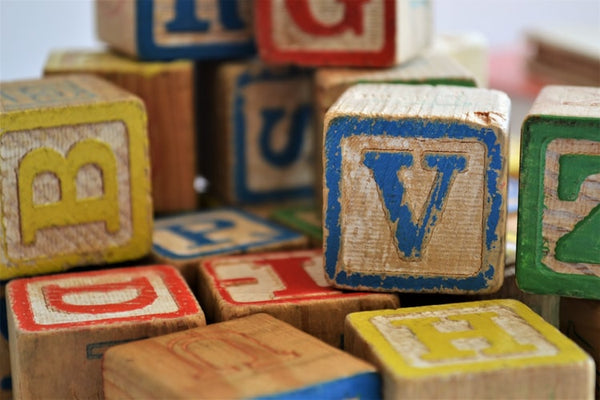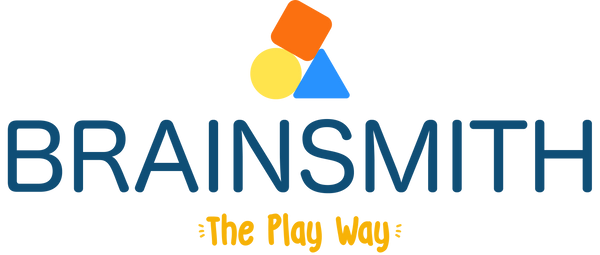Language development activities
Posted on July 27 2021

Language skills are essential for a person to be able to communicate. Let’s continue why and how they are crucial in early childhood. These skills empower children to engage with others and learn from their surroundings.

© Unsplash
Language skills require children to put together words to express their thoughts and feelings. The activities then result in developing an understanding of the written and spoken words. Listening to different terms and sounds builds the curiosity of children and makes them mimic the same. They even create sounds and words to associate with something meaningful if unable to get the pronunciations right. For example, when a baby cries when they’re hungry or need a diaper change or when a toddler uses actions and gibberish. It’s a way of communicating to make us understand.
During the first five years, It is crucial to stimulate language development as the brain is beginning to form new nerve cells as well as multiple connections between the same to serve the function of expressive and receptive language. Lack of stimulation during this time could result in a child making slower progress or end up with poor communication skills. Therefore, Language development activities are necessary for a child’s growth. Here are a few activities that you could do with your little one.
Music
© Unsplash
Sing songs or recite rhymes for your little ones and encourage them to join you. This will help in improving language while having fun. You can introduce new words and verbs in the form of a song and teach them as well.
Pretend playing
© Unsplash
Children learn by imagining and doing. We as parents/caregivers can provide them a platform to be whoever they want to be. To pretend in play, the child has to understand the setup and associate the appropriate behavior. Playing a particular character during roleplay requires the child to learn and comprehend what the person is doing or saying. Group role-play sessions are even more challenging and stimulating for the young ones. When a young child continues this play in a group - each child plays a certain role and begins interacting in their given new avatar and takes on responsibilities to fulfill that very part.
Bedtime Stories
© Unsplash
It is no surprise that children love listening to stories. Books can easily be used for developing and enhancing language skills. Whether the books have pictures or not, you should focus on the language and introduce new terms while reading to build associations in their minds for language development. Stop and discuss often, in between to know how your child perceives the story. Always talk about the story once finished.
Talking
© Unsplash
Practice makes perfect.. To develop language and communication skills, it is essential to also practice for the same. Always speak to your child in full sentences and make sure they answer in proper sentences as well. You could play the naming game where you point at things at home and your child answers. You could even do this activity when out in a grocery store or simply taking a stroll.
Toys
© Unsplash
Introduce toys that not only are fun but also are a great source to develop important life skills, for example, colorful building blocks or stacking rings. With this, your child can not only improve their motor skills by building a tower but also learn numbers, alphabets, and colors. You can help your child count the number or alphabets of each block as they start building and discuss the colors of each block along the way.
Incorporating such activities in your child’s routine could be a fun way to learn and progress without it feeling like a chore for you or your little one. Learn the play way!





